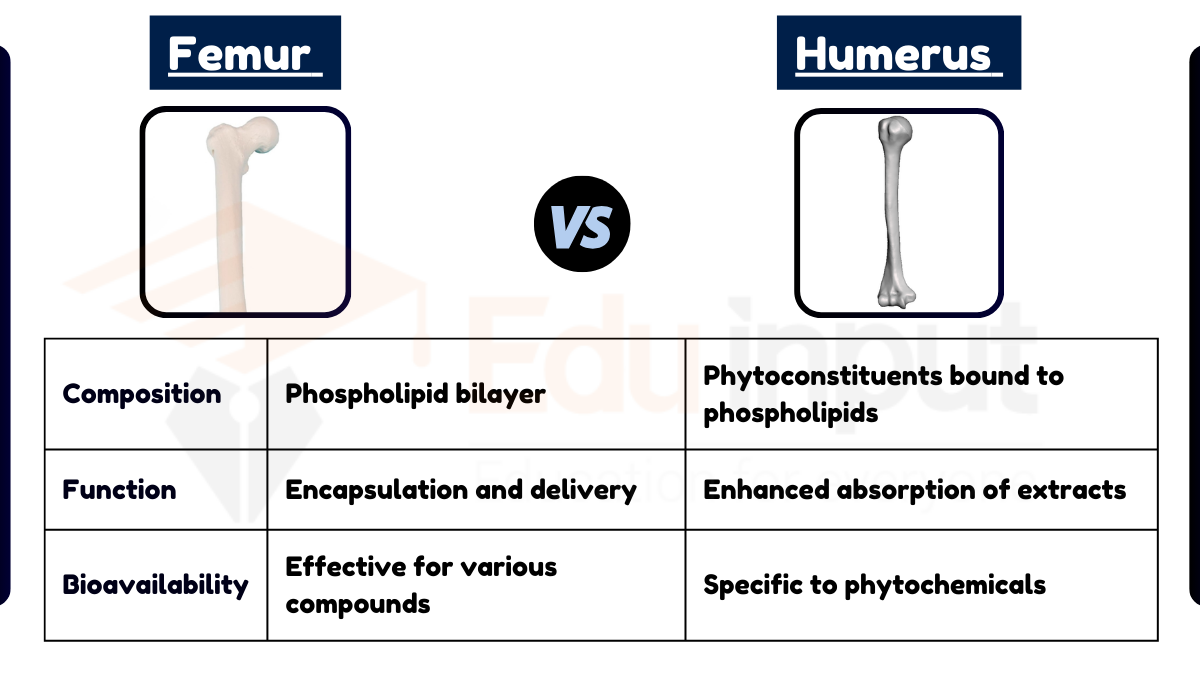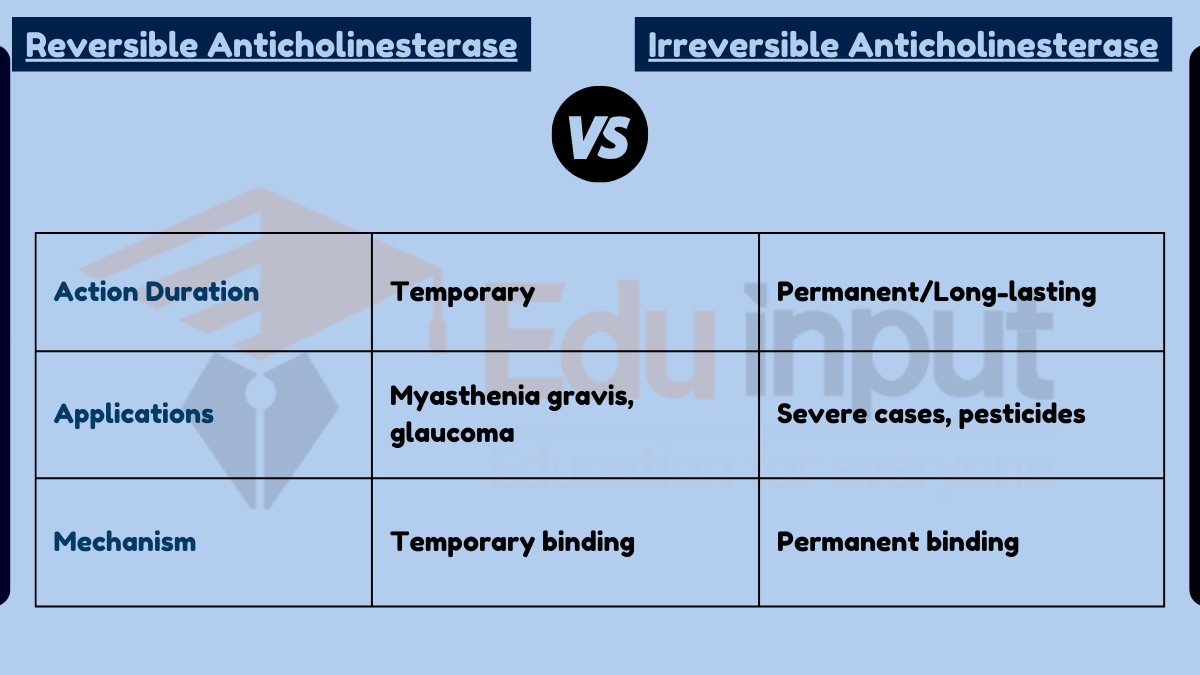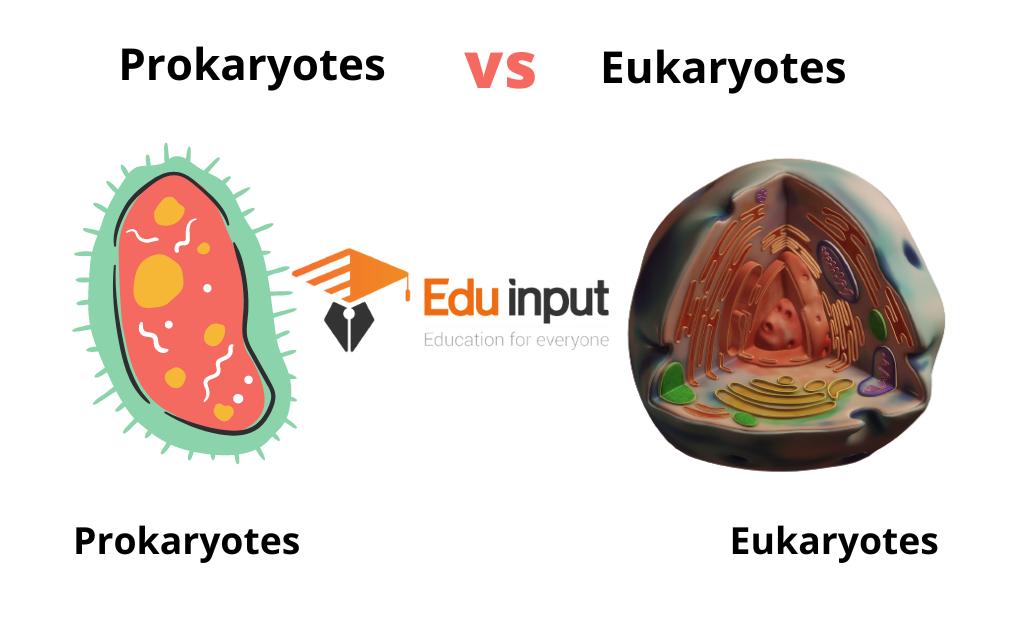Difference Between The Nervous System Of Hydra And Planarian
The diffuse nervous system is the most primitive of all the nervous systems. The nerve cells are distributed throughout the organisms in a diffuse system. Large nerve cells are not found in these systems like in the brain, but there may be small concentrations of neurons.
There are many diffuse systems in cnidarians such as hydroids, jellyfish, sea anemones, corals, and comb jellies. There are long and coordinated responses to the simplest stimuli that the primitive nervous systems of these organisms can provide. An example of this would be the movement of the sea anemone
Nervous System Of A Planarian
The planarian’s eyes have a ganglion under them that is sensitive to light. Two nerves run down the middle of the tail that connect to the eyespots, which is cool because it’s the “brain” of a planarian.
Some nerves connect to the nerve cords, and they are like ladders some nerves conjecture, and the planarian can sense light from them. There are two ears at the base of the head that allow them to hear and pick up the chemical changes in the air.
Nervous System Of Hydra
Depending on the size of the animal, the hydra nervous system is composed of a few hundred to a few thousand neurons. There are two main types of cells in hydra, sensory cells and ganglion cells, which are exposed to the external or gastric environment, and form a two-dimensional lattice known as a nerve net.
Difference Between The Nervous System Of Hydra And Planarian
The nervous system of Planaria is better developed as compared with that of Hydra due following reasons:
| Planaria | Hydra |
| There is the beginning of a centralized nervous system in Planaria. There is a bilobed mass of two ganglia at the anterior region of the body. It acts as a brain or a centralized collection of neurons. It receives and sends messages from and to different parts of the body. | There is no concentration of neurons or a coordinating center in Hydra. Only, a network of neurons is present. |
| Neurons are differentiated into sensory, associative, and motor. | There is no differentiation of neurons. All the neurons are alike. |
| Sense organs are present in the anterior region. These sense organs are eyes and chemoreceptors. | There are no specialized sensory organs in Hydra. |
| The receptor cells receive pressure and touch light, and chemical stimuli. | There are no specialized sensory cells in Hydra. But some nerve cells are more sensitive to a particular stimulus than others. The stimulus may be chemical or mechanical. |
| Planaria has definite nerves. These nerves are longitudinal and lateral. | There are no nerves in Hydra. |
| Planaria has a deeper plexus (ganglia and nerves). It is embedded in the parenchyma. Planaria also has a superficial nerve net just below the epidermis. | Hydra has only a superficial nerve net. |







Leave a Reply